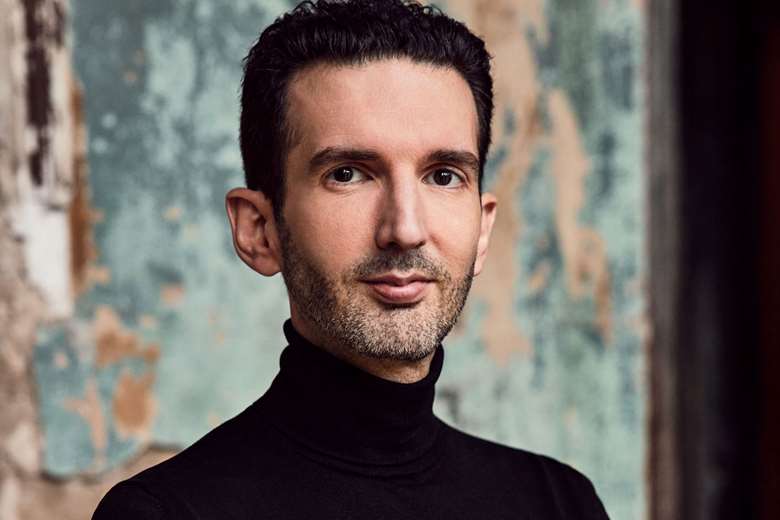For the love of Liszt
Emmanuel Despax
Friday, June 7, 2024
Emmanuel Despax shares his unique perspective on Liszt's work, shaped by his personal connection to the composer

My mentor, Ruth Nye, was one of Claudio Arrau's finest students and maintained a lifelong friendship with him. Arrau, in turn, studied under Martin Krause, one of Liszt's prominent disciples. Liszt himself was taught by Czerny, who had been a student of Beethoven. This lineage deeply influenced my musical upbringing and gave me a sense of proximity to these composers and their music.
Learning from Liszt
Ruth Nye was rooted in the traditions of Claudio Arrau and Martin Krause, and she imparted this rich tradition to me with unwavering dedication. I was taught, for example, not to perceive Liszt's compositions as mere virtuosic showmanship but to bring out their drama and artistry, with complete respect for the score. Technique is only here to serve the music, and the two are interwoven. Another important insight I inherited from Ruth was sound production: learning to control and free up one's arm weight and perceive the fingers as extensions of the arm. She taught me to develop a wide range of colors and make the piano sound like an orchestra. Understanding that there is no such thing as one beautiful sound, there is an appropriate sound for a given phrase, like a painter choosing the right colour.
Beyond showmanship
The philosophical and ethical approach to music, which I learned from Liszt via Ruth, also affects how I approach the complex emotional and technical demands of Liszt's music. It starts with engaging with the score with utmost integrity, avoiding shortcuts and compromise. The difficulty of the music itself enhances its beauty, adding drama, bravura, and tension. I view risk-taking in performance not as something to avoid but as a catalyst for creativity. Attempting to sidestep challenges in Liszt's music, such as rearranging fingerings between the hands, often weakens the performance's impact and intended effect. Above all, this tradition signifies a performance ethos: stepping on stage not to impress, but to serve as a conduit between the music and the audience, creating an emotional connection.
Keeping the tradition alive
Some of the most memorable lessons I had as a teenager with Ruth Nye were during our study of Liszt's Sonata in B minor. I had always wanted to play it. Those months were intense and demanding, filled with hard work, analysing the score, and reading Goethe's Faust, which, according to Arrau and Krause, inspired the sonata. Ruth would show me fingerings and phrasings passed down from Liszt to Arrau through Krause. One rainy afternoon, I performed it for her in an empty recital hall at the Yehudi Menuhin School. I remember it like it was yesterday. I gave it my all. She looked at me silently for what felt like an eternity, then said, 'Arrau would be proud of you.' Those words meant a lot to a 16-year-old. A few years later, just before walking on stage to conclude my Wigmore Hall recital debut with this sonata, I recalled her words backstage to give me confidence.
For my new recording, I chose to explore the dramatic and visionary sound world of Franz Liszt. I hope listeners will feel and hear the artistry, nobility, and drama in Liszt's music, along with his incredible ability to transcend the instrument, creating rich orchestral textures and bringing a whole world to life on the piano. Whether it's the metaphysical journey through hell, purgatory, and heaven in Après une lecture du Dante or the epic Faustian odyssey of the B minor Sonata, Liszt's works are profoundly evocative.
When choosing my repertoire, I strive to nurture my curiosity and stretch myself artistically. As pianists, we are fortunate to have an incredible wealth of music to explore. I believe musicians are akin to actors, capable of playing many different roles. I aim to avoid being pigeonholed into a specific type of repertoire. For me, interpretation is a symbiosis between the composer and the interpreter's psyche. If I connect with the music and feel I can achieve a deep understanding, going beneath the surface, then I will perform it.
'Liszt' is out 7 June 2024. Visit: emmanueldespax.com












